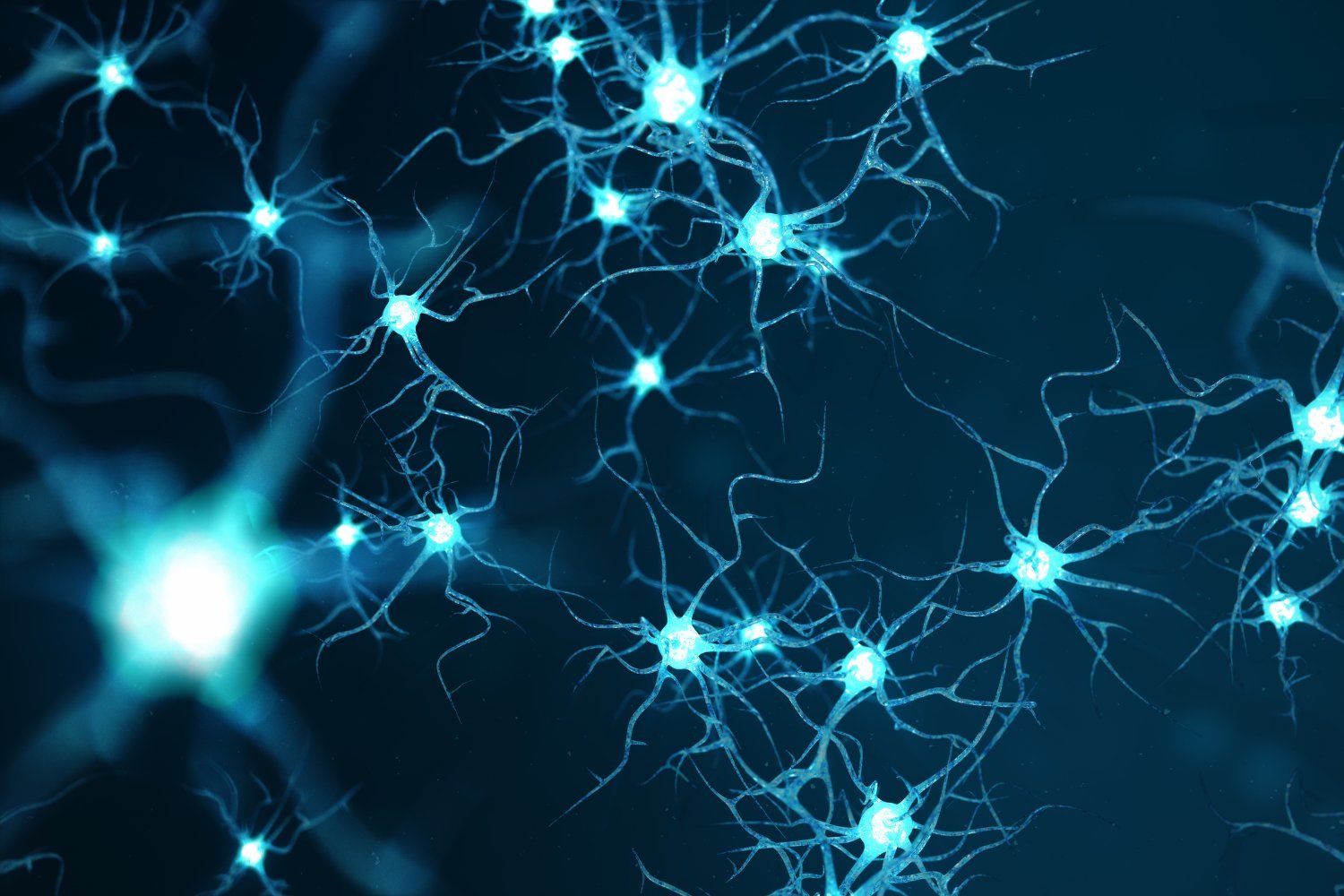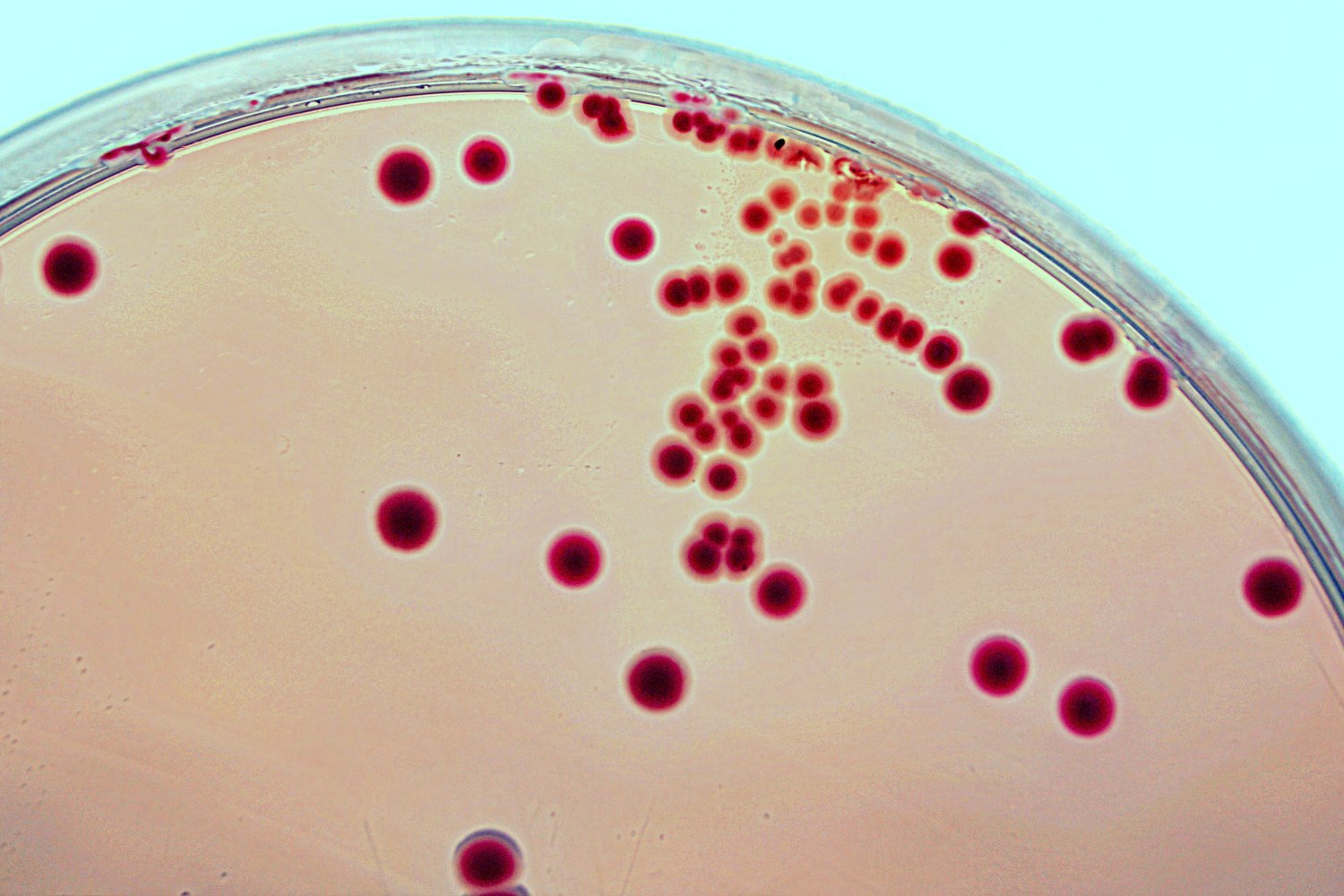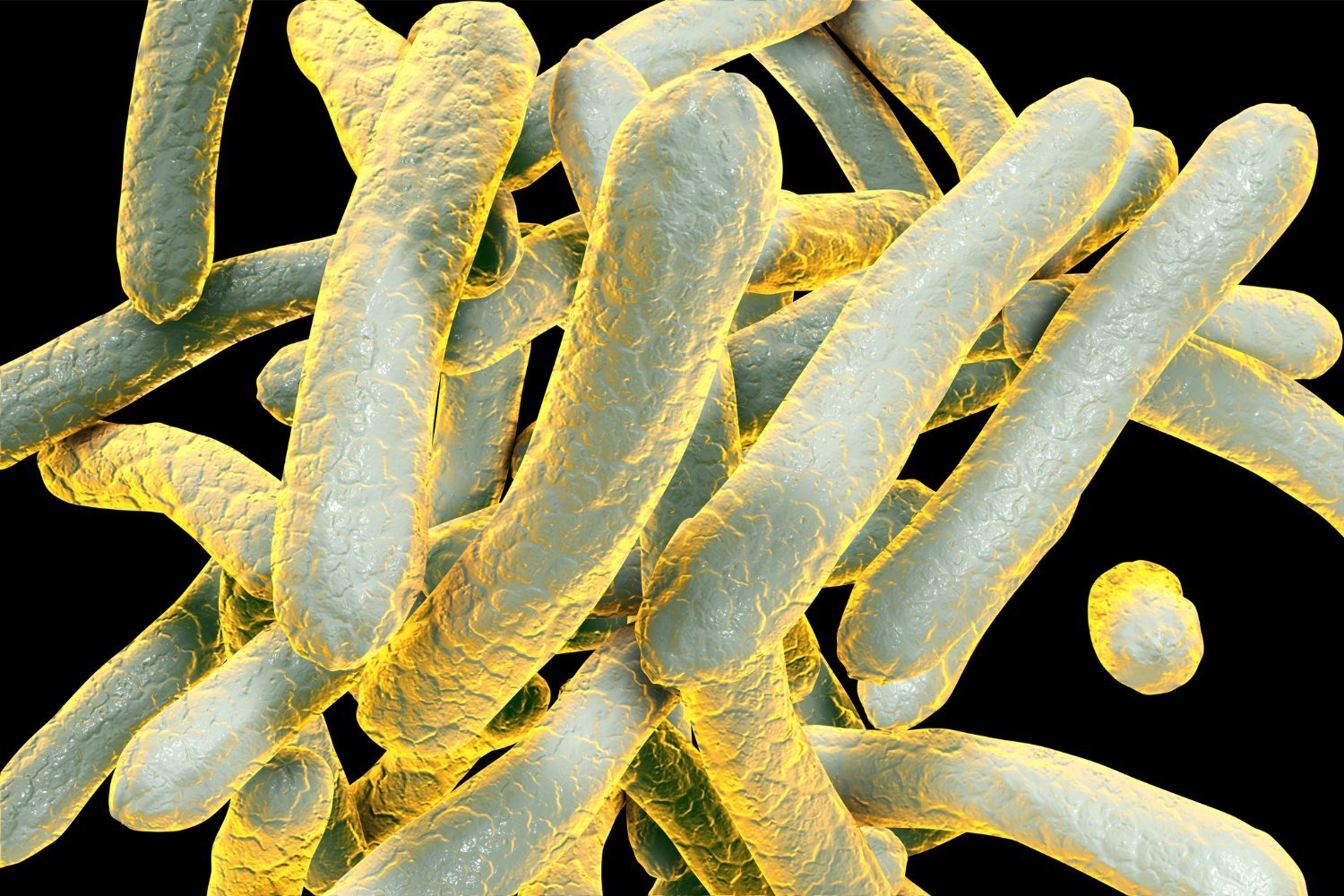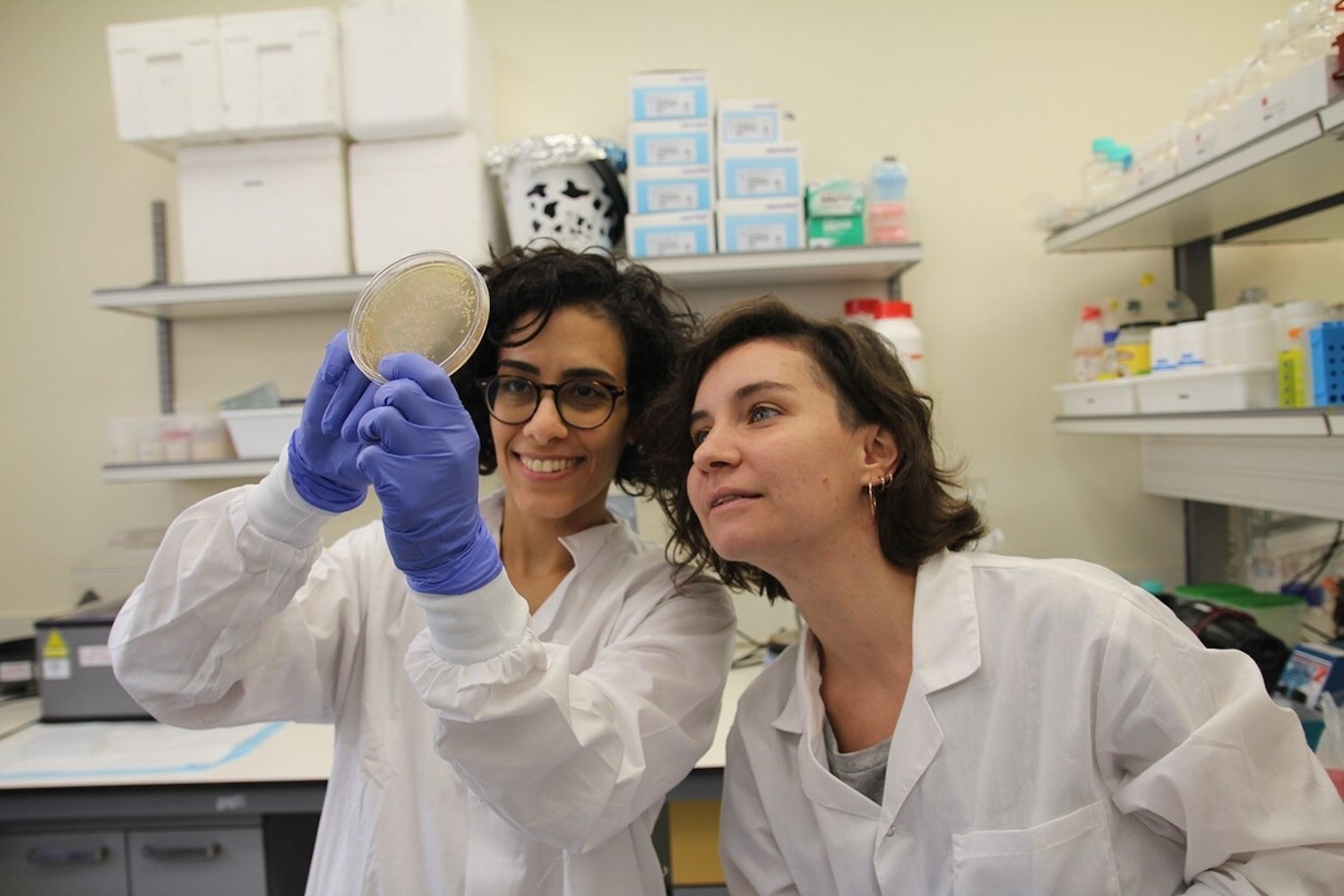The ability to revive a brain after blood circulation has ceased has long been a scientific pursuit. Researchers at Sun Yat-Sen University in China have made a significant stride in this field, successfully reviving pig brains up to 50 minutes after complete blood flow cessation. This groundbreaking research, published in EMBO Molecular Medicine, could revolutionize resuscitation techniques and improve neurological outcomes after cardiac arrest.
Cardiac arrest, the cessation of heart function, often leads to irreversible brain damage due to the lack of blood flow and oxygen. The limited time window for successful resuscitation without neurological complications poses a significant challenge for medical professionals. This new study explores a novel approach to extend that window, focusing on the liver’s role in post-cardiac arrest brain injury.
Previous research indicates a correlation between liver function and overall body response to cardiac arrest. Individuals with pre-existing liver disease, for example, are at a higher risk of death following cardiac arrest. This led the researchers to hypothesize that maintaining liver function during cardiac arrest could improve brain survivability.
Using Tibetan minipigs, the team devised an experiment to test their hypothesis. They induced cardiac arrest in the pigs, stopping blood flow to the brain. Some pigs were connected to a life support system that maintained liver circulation, while others were not. After a specific time interval, the researchers attempted to revive the pigs’ brains using the same life support system. A control group of pigs with uninterrupted blood flow was used for comparison. All pigs were euthanized after the experiment.
The results revealed striking differences between the groups. Pigs with no liver support experienced substantial brain damage after resuscitation. In contrast, the brains of pigs with supported livers showed significantly fewer signs of injury. Remarkably, these pigs exhibited restored electrical brain activity lasting up to six hours, and researchers successfully revived brain activity even after 50 minutes of interrupted blood flow.
This research underscores the liver’s critical role in post-cardiac arrest brain injury. While these findings are promising, they don’t suggest an immediate solution for reversing death. Numerous physiological changes occur after cardiac arrest, impacting more than just the brain and liver. Further research is necessary to validate the link between liver function and improved brain recovery.
Nevertheless, this study offers a potential pathway for developing innovative interventions to enhance resuscitation success rates and improve patient outcomes following cardiac arrest. The implications of this research could be far-reaching, offering hope for improved neurological recovery and increased survival rates for cardiac arrest patients.











